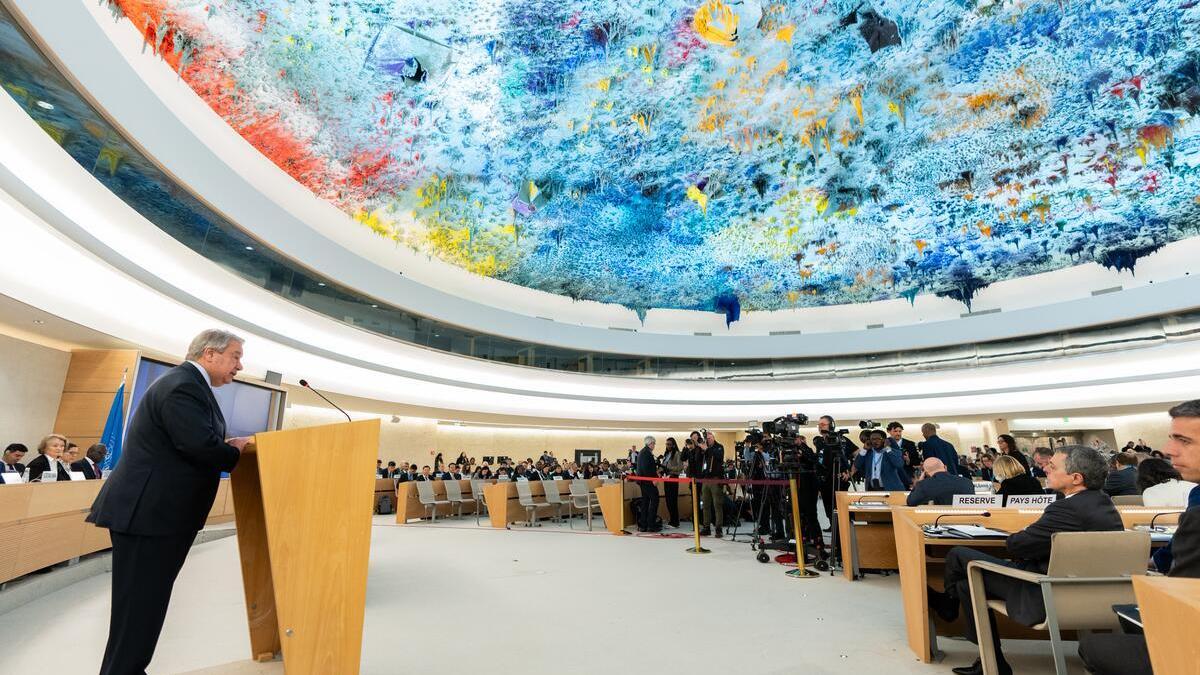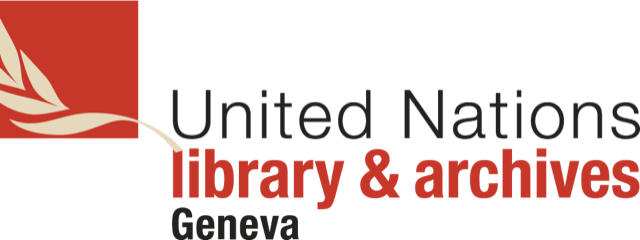
Written by Lucie Reynaert, former colleague at the Knowledge & Learning Commons.
---
Humanity has a long, rich history of diplomacy in action. And while diplomacy looks very different today, we know it has developed over centuries through exchange and interactions within communities. For example, in China, Sun Tzu in his Art of War describes what we call international relations between the kingdoms of Wu and Chin. And, as early as 123 BCE, the Greeks organized the Congress of Sparta, a diplomatic summit between the city-states of ancient Greece. Over the years, diplomacy has evolved with the goal of, among others, preserving peace--and with it, international multilateral organizations such as the United Nations exist today. Through multilateral diplomacy, we have achieved major peace agreements, and in many instances throughout time, the stabilization of international relations. Yet, it’s not a quick fix, and often, negotiations in diplomacy require dialogue and patience.
There are many aspects to the art and application of diplomacy. According to the Cambridge Dictionary, Diplomacy is defined as the management of relationships between countries and also as the ability to control a difficult situation without upsetting anyone.
Throughout the literature, diplomacy can be defined as a method to influence the political decisions of a state over another state or as a dialogue between two parties. A diplomat has to know when to defend their ideas, and when to listen to the other party to achieve their goal. Maintaining dialogue is critical, as the objective is to find “a resolution instead of the covenant” (Robert Lansing, 1921). On some occasions, a diplomat should be strategic as well as focus on their interest. However, there are also other views on the purpose of diplomacy, with the definition of Machiavellian or Machiavellianism being "the employment of cunning and duplicity in statecraft or in general conduct".
Nowadays, diplomacy is a key part of our world as it seeks to prevent conflict, encourages the adoption of international resolutions, promotes discussion and dialogue, and finds agreement through negotiation and common ground. And, as the world continues to change and face new challenges, new approaches to multilateral diplomacy are emerging.
Here at the Knowledge & Learning Commons at the UN Library and Archives Geneva, we aim to foster environments and avenues for learning and sharing knowledge, including on the evolution of diplomacy. As part of the United Nations Office at Geneva, the Commons organises interactive sessions to introduce recently appointed Permanent Representatives and diplomats to the functions and services offered by UN Geneva, and to give them a space to network and discuss the challenges and opportunities for diplomats in multilateral Geneva.
We have also explored themes such as Digital Diplomacy in Practice, Negotiating in a Multilateral World, and Mediating in a Multilateral World. Our Library podcast The Next Page regularly discusses ideas around diplomacy, including finding common ground, The Democracy-Multilateralism Nexus, The Rise of Digital Diplomacy, and more.
In a world of increasingly complex and interconnected challenges, learning about and exploring diplomacy and how it can be harnessed for a better future for all is critical.
Related Resources:
Key Resources & Services for Diplomats - Research Guides at United Nations Library & Archives Geneva (unog.ch)
Multilateralism - Research Guides at United Nations Library & Archives Geneva (unog.ch)
Blog Photo: UN Secretary-General António Guterres addresses the opening of 58th session of Human Rights Council (2025, UN Photo/Jean Marc Ferré).

